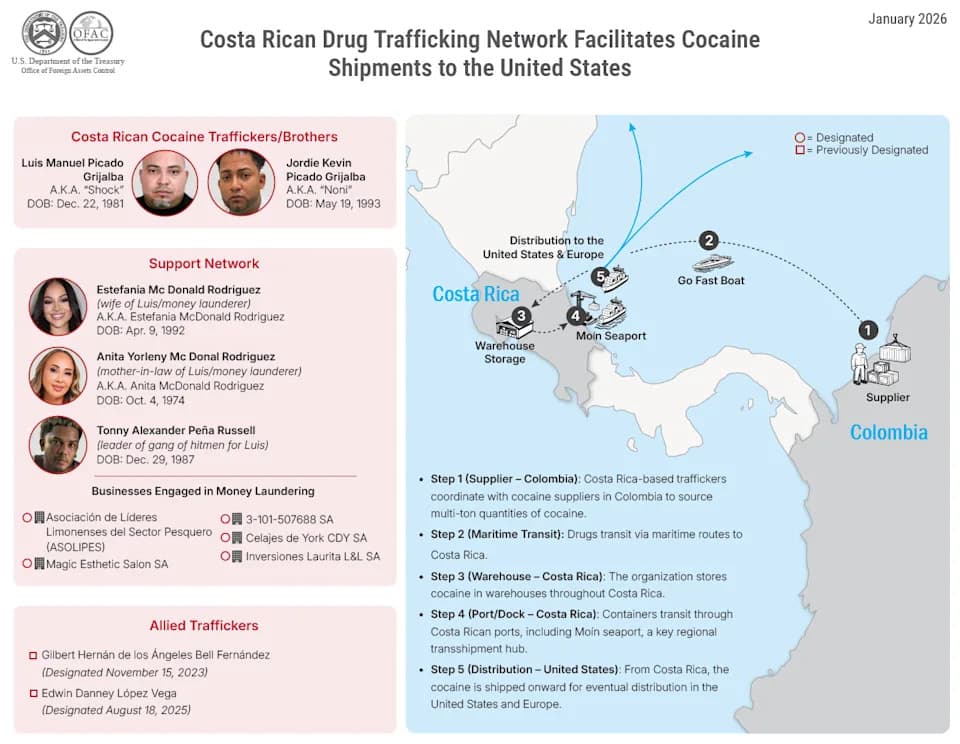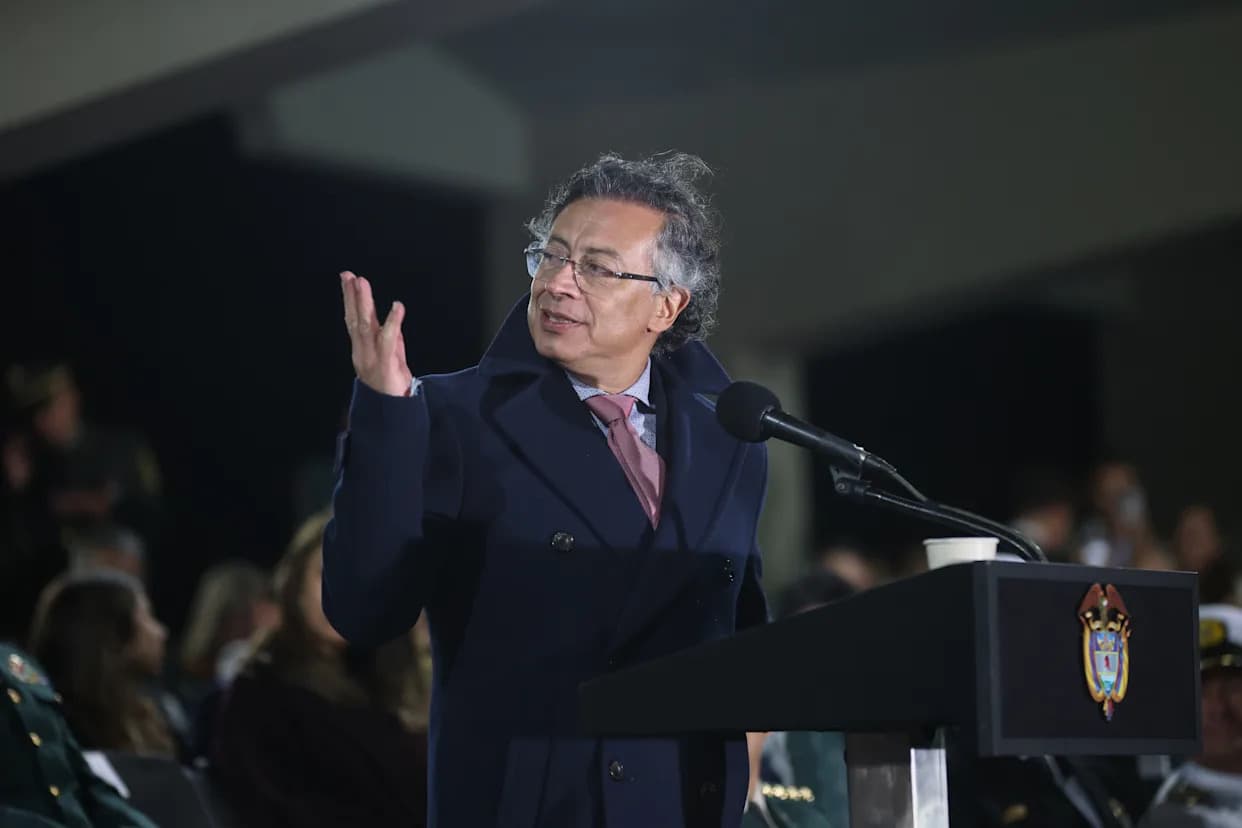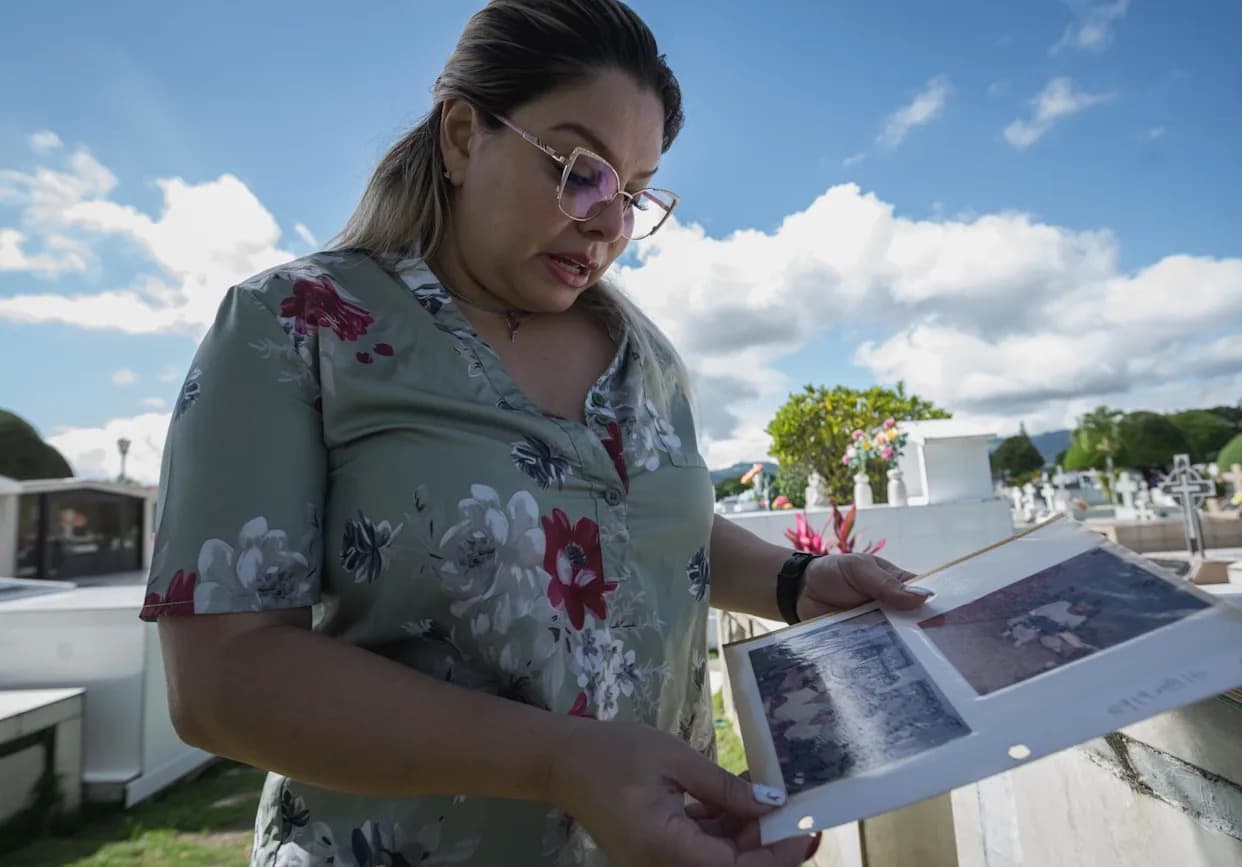Costa Rica has formally asked the U.S. Commerce Department to exempt its medical-device exports from any tariffs resulting from a national-security probe announced Sept. 26, 2025. Boston Scientific supported the request, noting its three Costa Rican plants employ more than 7,000 people and that tariffs could raise treatment costs. Medical devices grew nearly 15% Jan–Sep 2025, with over half shipped to the U.S.; San José is rallying CAFTA-DR and industry support to protect market access.
Costa Rica Asks U.S. to Spare Its Medical-Device Exports from Potential National-Security Tariffs

Costa Rica asks U.S. to exclude its medical-device exports from possible tariffs
The government of Costa Rica has formally asked the U.S. Department of Commerce to exempt Costa Rican medical-device exports from any tariffs or quotas that could arise from a national-security investigation announced on Sept. 26, 2025. In an October letter, Foreign Trade Minister Manuel Tovar said Costa Rican shipments of medical equipment, supplies and devices "strengthen the competitiveness and resilience of the U.S. health care system," according to local reports.
Boston Scientific, one of the largest U.S. medical-device manufacturers operating in Costa Rica, supported the appeal. The company — which runs three plants in Heredia, Alajuela and Cartago and employs more than 7,000 people in the country — filed a technical brief asking that Costa Rica and other members of the Dominican Republic–Central America Free Trade Agreement (CAFTA-DR) be excluded from any new trade measures. Boston Scientific argued tariffs on these imports would raise treatment costs and weaken U.S. preparedness for public-health emergencies.
The Commerce Department’s inquiry examines the national-security implications of imports of medical equipment, supplies and devices, covering products that range from surgical gloves to catheters and pacemakers. If the investigation finds a national-security risk, it could clear the way for tariffs or quotas on affected items, with potential measures expected as early as 2026.
Medical devices are currently Costa Rica’s top export sector, expanding nearly 15% year-over-year between January and September 2025, according to the Ministry of Foreign Trade. More than half of those exports are destined for the U.S., a reliance that has increased concern among Costa Rican officials and private-sector leaders about potential increases in patient access costs.
In response, San José is coordinating with CAFTA-DR partners and U.S. medical-industry groups to preserve preferential access to the U.S. market and protect a key pillar of Costa Rica’s export-driven economy.
Quick facts: Boston Scientific operates 3 plants in Costa Rica and employs 7,000+ people. Medical-device exports grew ~15% Jan–Sep 2025; over 50% of those exports go to the U.S.
Help us improve.


































